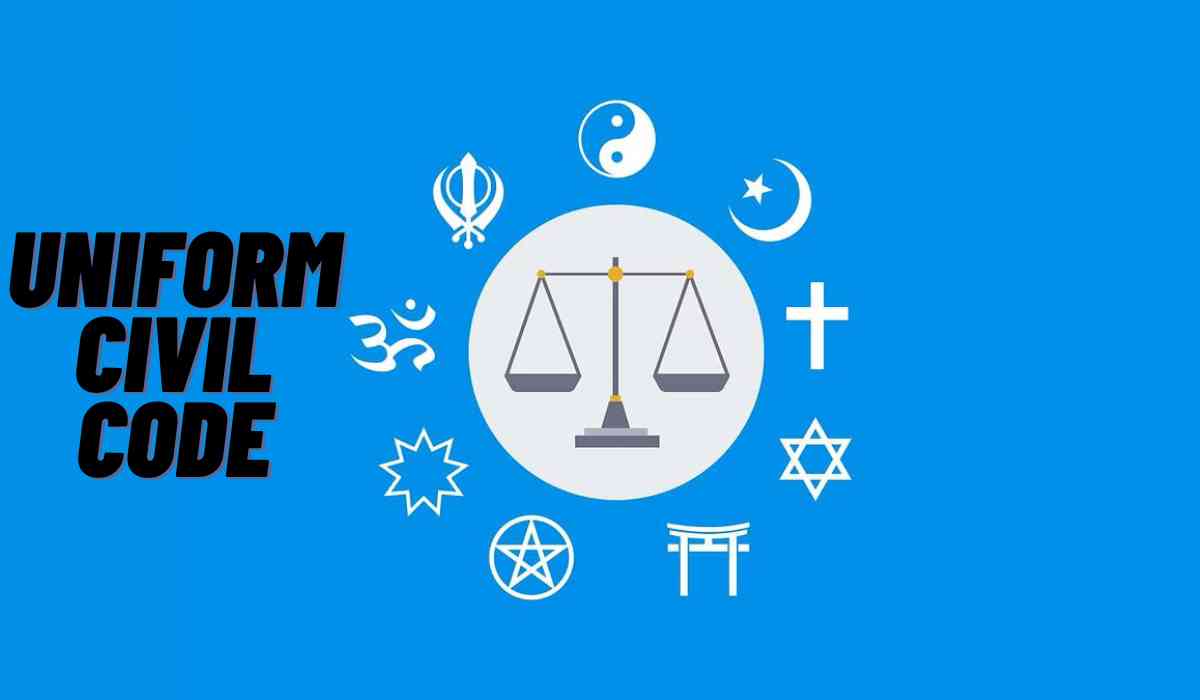The Uttarakhand cabinet made history on Sunday by passing the Uniform Civil Code (UCC) Bill, positioning the state to be the first in India to adopt this comprehensive legal framework. In response to this significant development, Chief Minister Pushkar Singh Dhami announced a special four-day assembly session starting Monday to present the legislation, sparking widespread discussions about the potential impact of the proposed civil code.
"Today in the Cabinet meeting, we passed the proposal to bring the legislation on the Uniform Civil Code in the upcoming Assembly session," stated Chief Minister Pushkar Singh Dhami after presiding over the meeting at his official residence on Sunday.
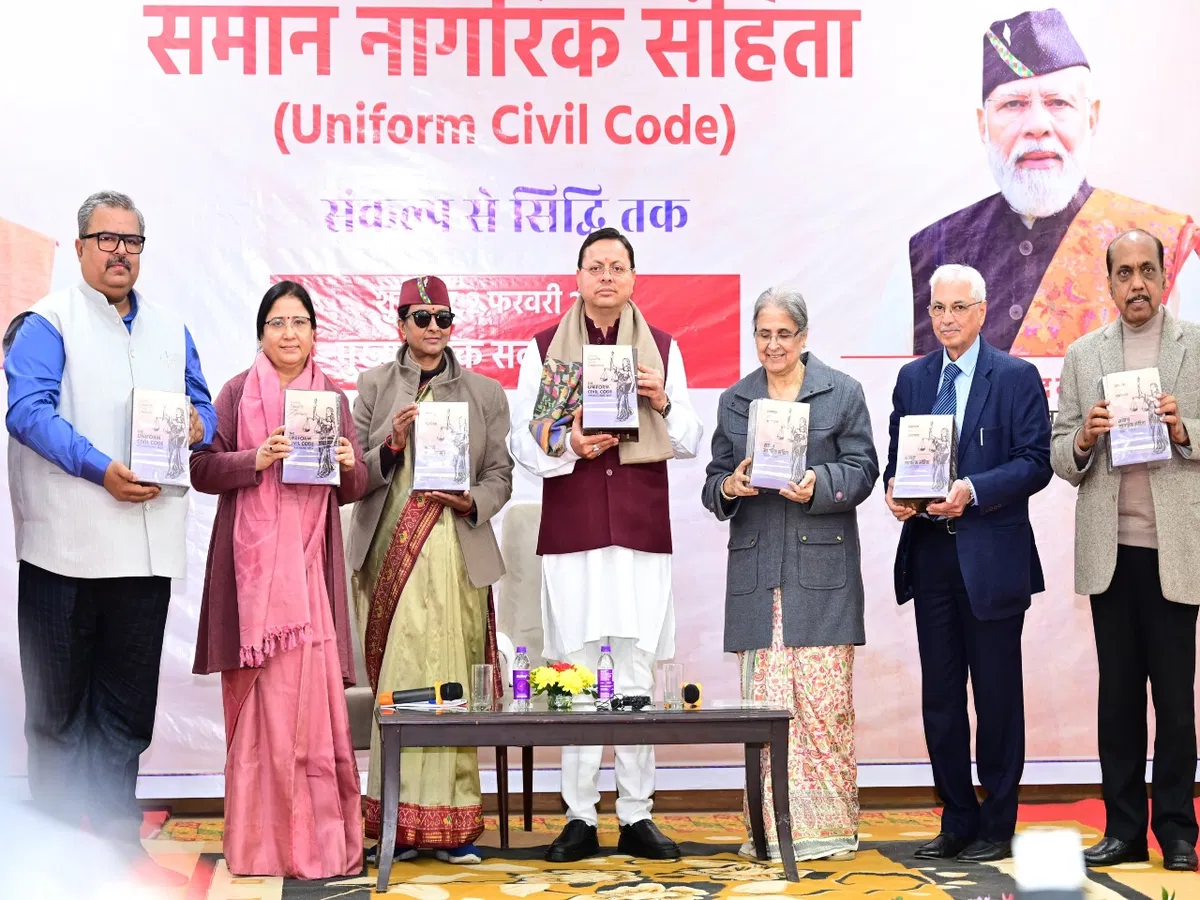
UCC Draft: A Milestone Achievement
The final draft of the Uniform Civil Code spans 740 pages across four volumes and was recently submitted to Chief Minister Dhami by a distinguished five-member panel led by retired Supreme Court judge Ranjana Prakash Desai. If approved, Uttarakhand will become the first state post-Independence, following Goa, to enforce the UCC, applicable to all religious communities in India concerning matters like marriage, inheritance, divorce, adoption, maintenance, and more.
The five-member committee's 800-page report recommends exempting tribal communities from the UCC's purview, focusing on women's empowerment. This includes proposals to ban polygamy, establish a uniform marriage age across religions, and categorize practices like Halala, Iddat, and Triple Talaq under Muslim personal law as punishable offences. Additionally, the UCC is anticipated to regulate live-in relationships.
Upon approval of the final draft by the Uttarakhand Assembly, the Uniform Civil Code Bill is poised to become a model for other states like Gujarat and Assam to adopt. This significant move aligns with the BJP's manifesto for the 2022 Uttarakhand assembly election, where the party secured a re-election victory.
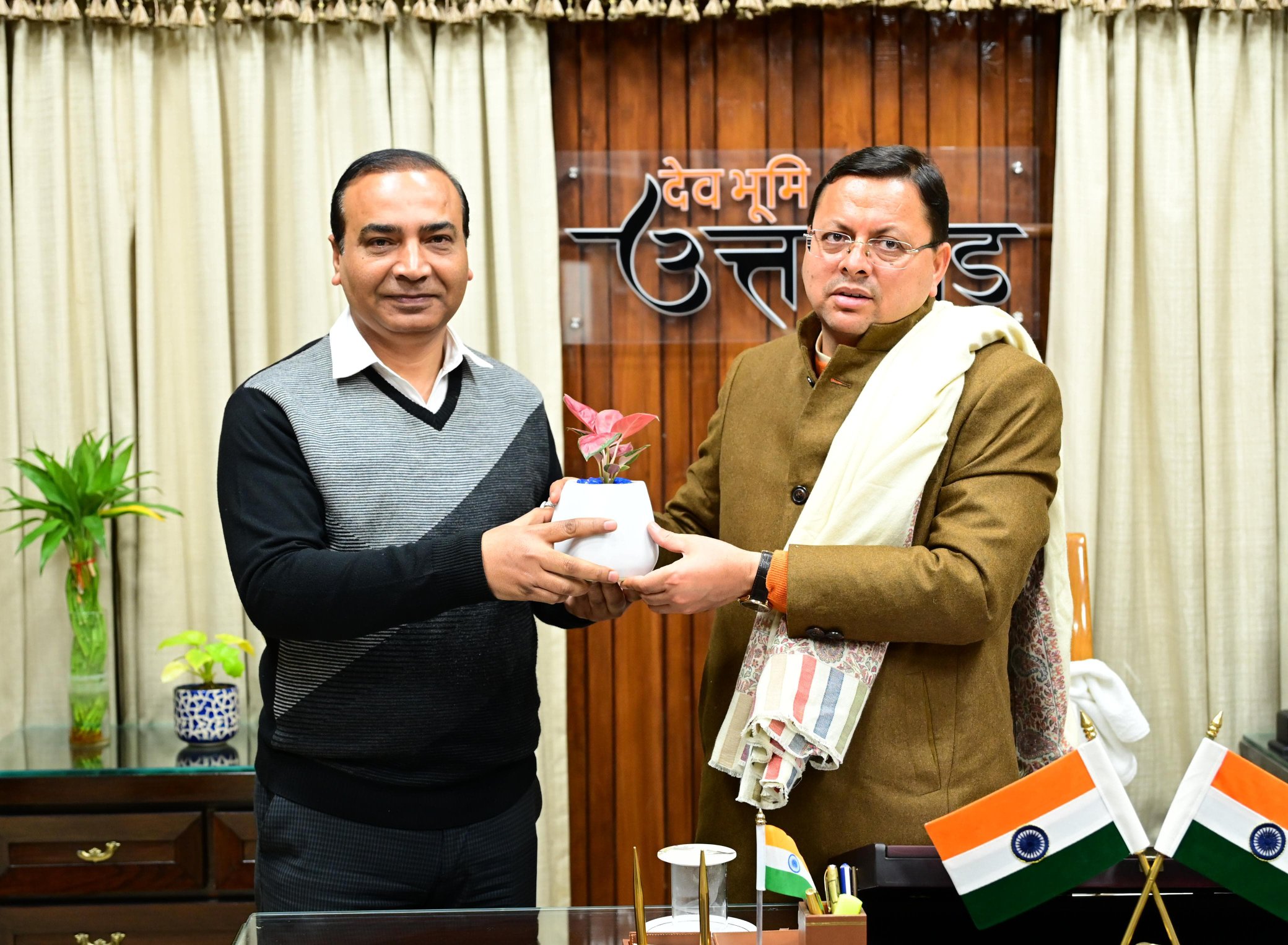
What is UCC?
The Uniform Civil Code (UCC) is a comprehensive set of laws that supersedes customary laws across various faiths and tribes, governing crucial issues such as marriage, divorce, inheritance, and maintenance. According to the Constitution of India, the UCC falls under the non-justiciable directive principles of state policy. Uttarakhand, with a 14% Muslim population based on the 2011 national census, has a significant stake in these legislative developments, particularly in the Terai region.
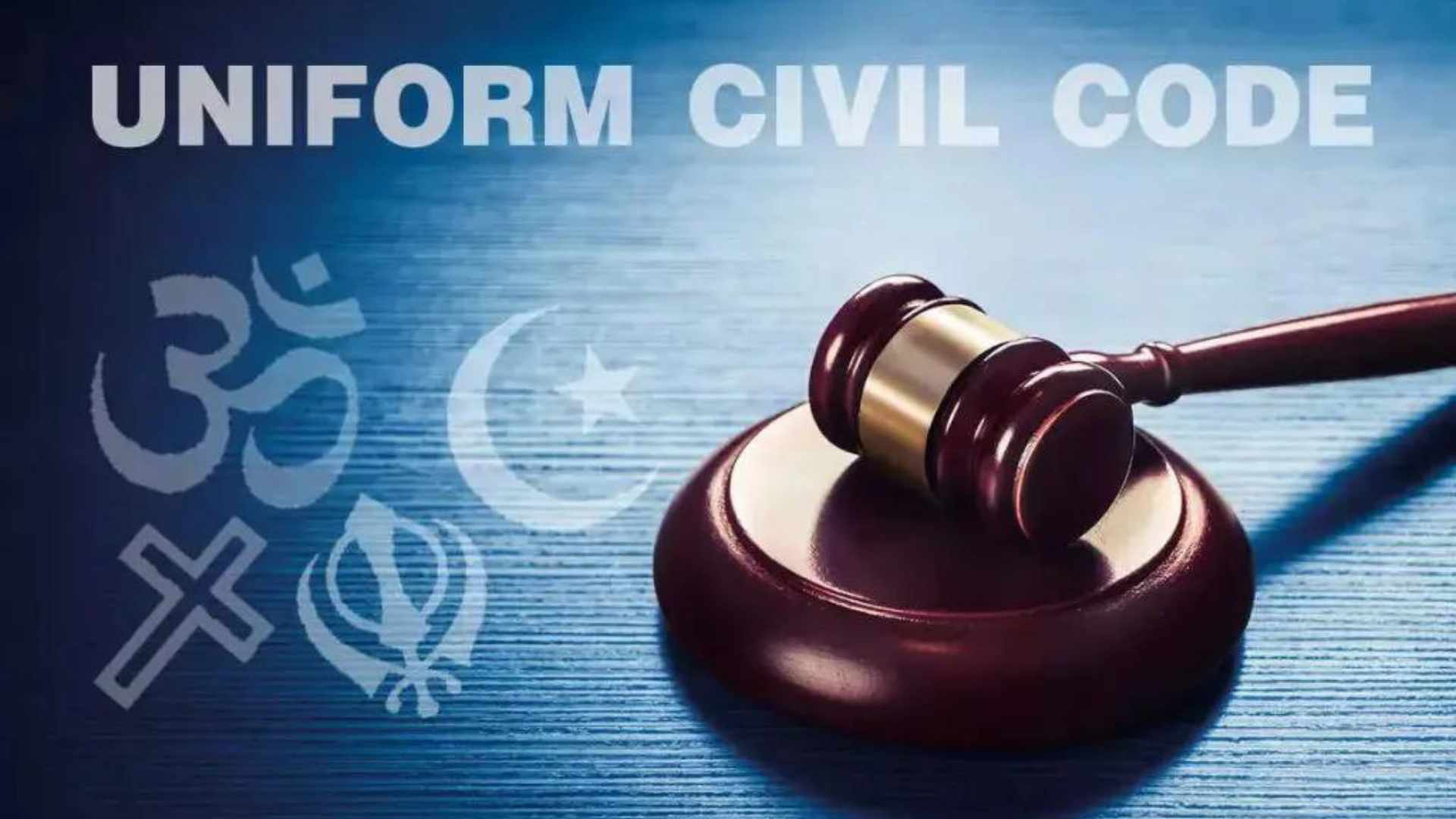
Mixed Reactions:
As news of the UCC implementation spread, reactions from the public varied. While some dismissed the move as a political strategy ahead of elections, others lauded it as a necessary step for women's rights.
The proposed UCC in Uttarakhand has the potential to impact personal laws dealing with polygamy, marriage, inheritance, and adoption. It may grant adoption rights to Muslim women, criminalize polygamy, and establish a uniform marriage age for girls and boys across communities at 18 and 21, respectively. Reports also hint at the possibility of exempting Scheduled Tribes from the UCC's purview, prompting questions about the uniformity of its application and accusations of targeting Muslim personal laws.
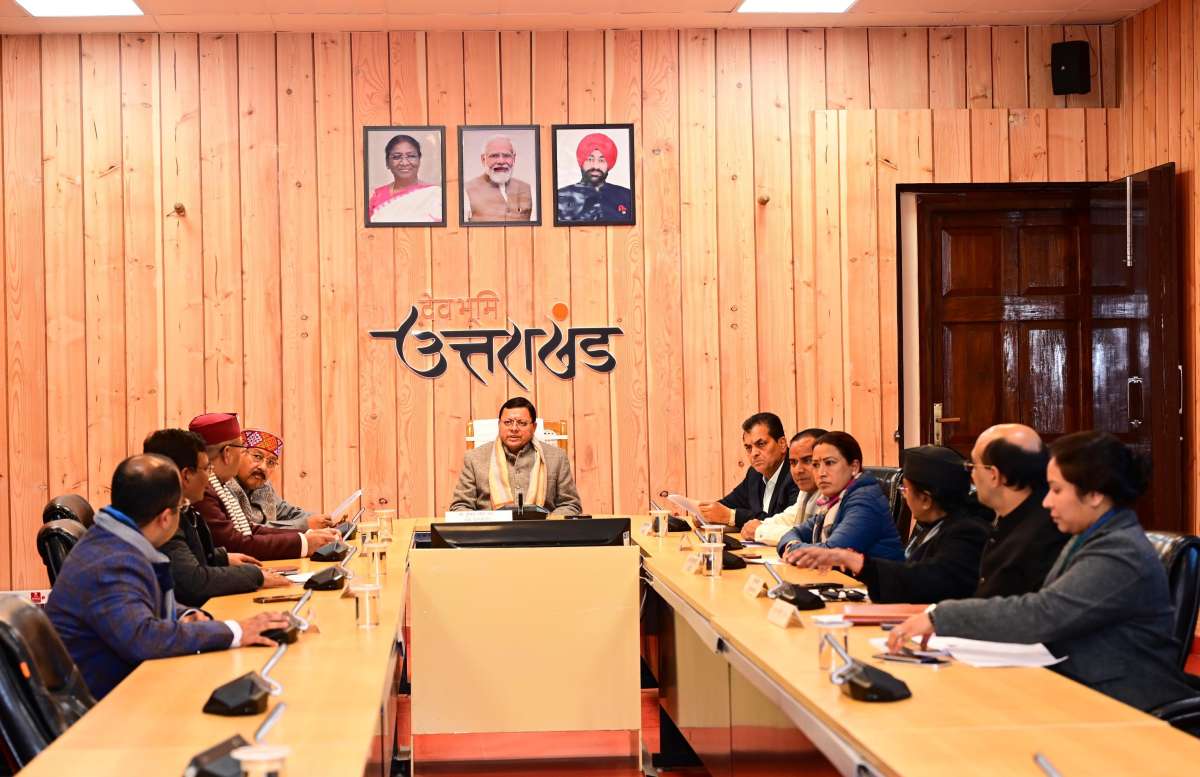
Impact of UCC on Personal Law:
-
Hindu Community: The proposed Uniform Civil Code (UCC) would dissolve existing laws such as the Hindu Marriage Act (1955) and the Hindu Succession Act (1956), incorporating them into a unified code. This move aims to standardize and bring uniformity to marriage, divorce, inheritance, and succession laws for Hindus.
-
Succession Law: Under the current Hindu Succession Act (1956), the husband's family is prioritized as rightful heirs to the deceased wife's property. UCC implementation would redefine legal heirs and alter property acquisition provisions, departing from the existing framework.
-
Inheritance Law: UCC implementation would challenge the preference for full-blood relations over half-blood ties under Hindu laws, as outlined in Section 18 of the Hindu Succession Act. The criteria for property inheritance would be subject to change.
-
Adoption: The UCC's uniformity could extend adoption rights to communities currently restricted from legally adopting children. The Hindu Adoption and Maintenance Act (1956), applicable only to Hindus, Jains, Sikhs, and Buddhists, might undergo modification.
-
Hindu Undivided Family (HUF): The UCC's potential impact on tax, insurance, and investment exemptions could affect Hindu families with HUF status, altering their financial considerations related to loans and bank accounts.
-
Muslim Community: The adoption of UCC could render practices like contract marriage (mutah), Nikah halala, misyar marriage, and polygamy ineffective within the Muslim community. Additionally, the minimum marriage age under Shariat law may undergo changes.
-
Adoption: Presently, a Muslim individual can't adopt a child but can act as a 'Kafil' to provide for a child's maintenance. UCC implementation might introduce the option of legal adoption for Muslims.
-
Polygamy: The UCC would likely abolish polygamy, impacting the existing provision allowing Muslim men to legally marry up to four women simultaneously.
-
Divorce and Separation: UCC introduction aims to provide more accepted avenues for both Muslim men and women to end their marriages, ensuring a balanced approach to the rights of both genders.
-
Christian Marriage: The UCC's influence on Christian marriage laws would bring uniformity, addressing the perception of Christian marriages as permanent and indissoluble.
-
Divorce: While Catholic law does not recognize divorce, Christians can currently file for divorce under the Indian Divorce Act. The UCC intends to establish uniform rules and procedures for divorce.
-
Succession: The UCC would grant Christian mothers the right to inherit the property of their deceased children, addressing the existing gap in the Succession Act (1925).
-
Sikh Community: The UCC's introduction could apply a common law for divorce to all communities, including Sikhs, impacting the current absence of divorce provisions in the Anand Marriage Act of 1909.
-
Parsi Community: The UCC may bring reforms affecting adoption laws within the Parsi community, addressing issues related to the rights of adoptive daughters and inheritance rights of adopted sons.
-
Inheritance: Under the UCC, a Parsi woman marrying outside her community would likely grant her children the right to inherit the property of a deceased Parsi intestate, altering the current restriction.
© Copyright 2024. All Rights Reserved Powered by Vygr Media.

